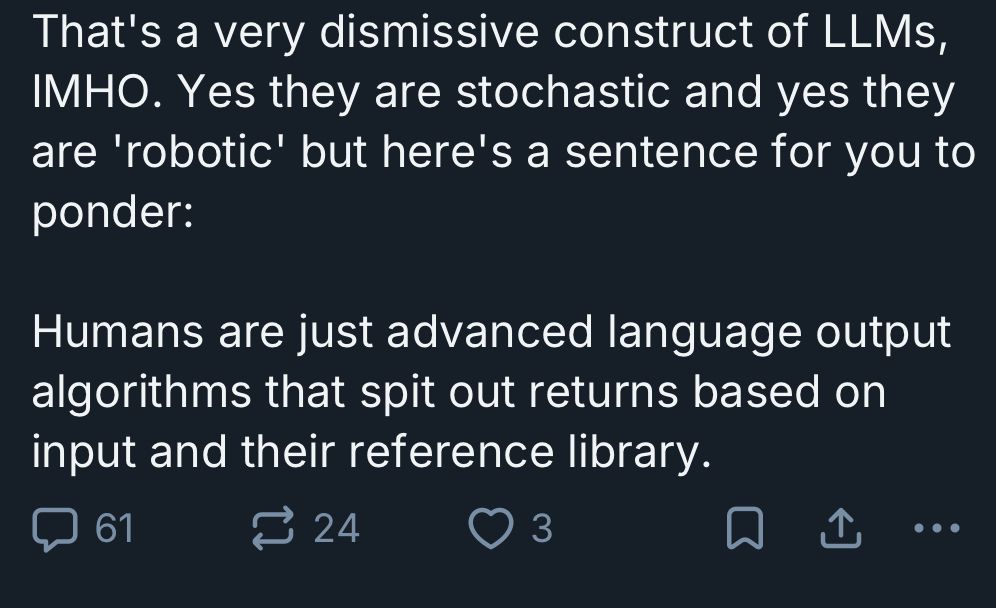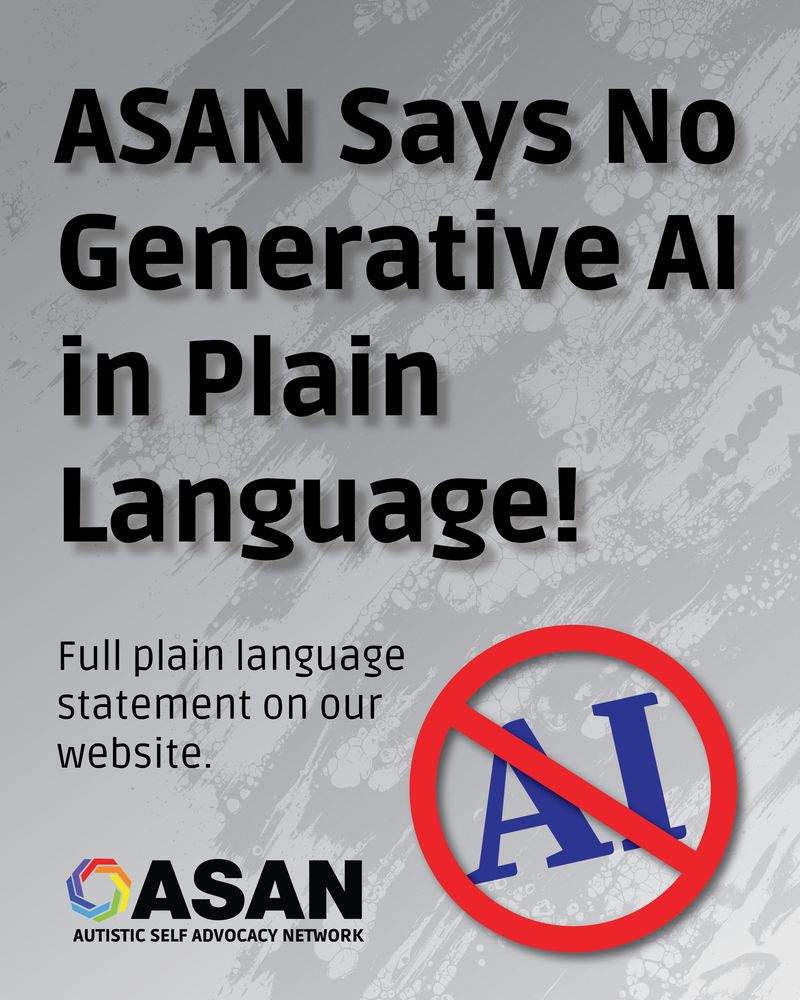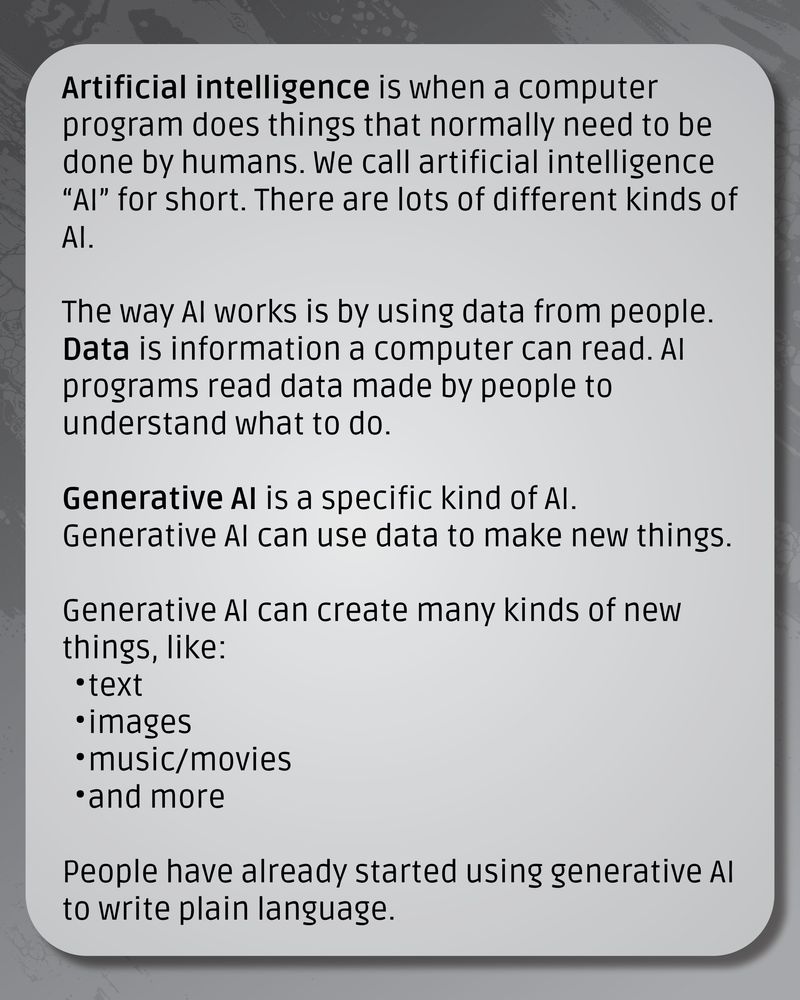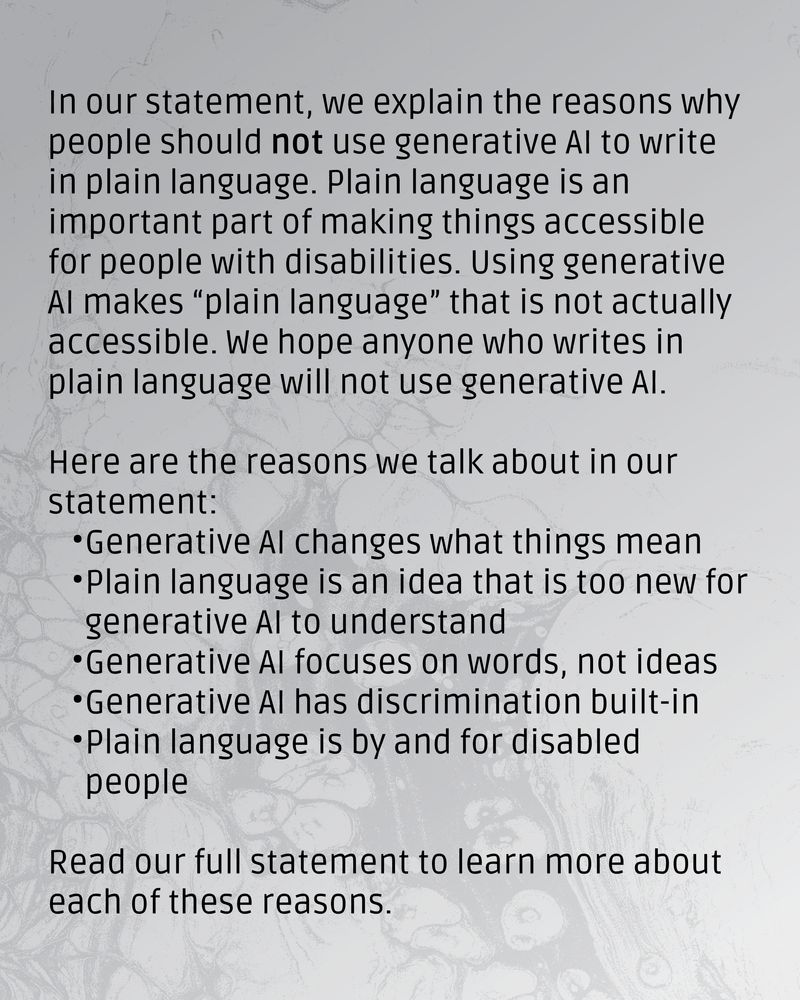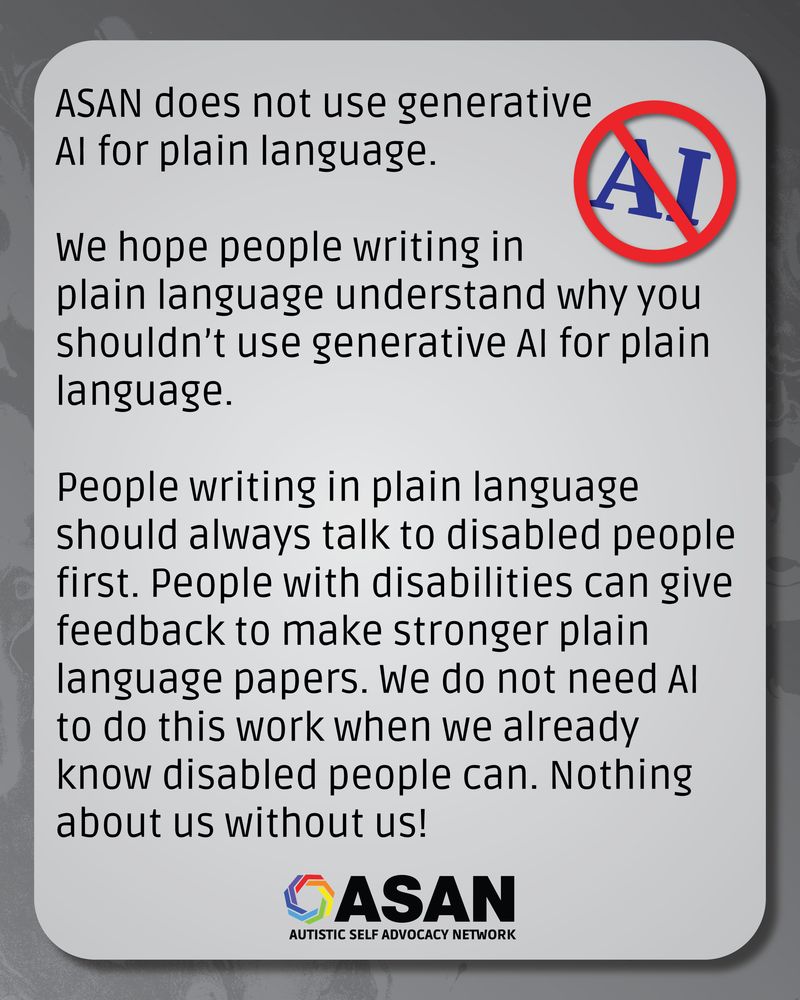The Grumpy Data Scientist
@zaqdelinguist.bsky.social
210 followers
190 following
380 posts
Computational sociolinguist interested in how groups negotiate meaning and social coordination. Because I’ve been working with transformers since 2018, very not into AI hype.
https://zaqari.github.io
Posts
Media
Videos
Starter Packs
Reposted by The Grumpy Data Scientist
Reposted by The Grumpy Data Scientist
Reposted by The Grumpy Data Scientist
Reposted by The Grumpy Data Scientist
Reposted by The Grumpy Data Scientist
Darien
@boy-rat.bsky.social
· 12d
Reposted by The Grumpy Data Scientist

